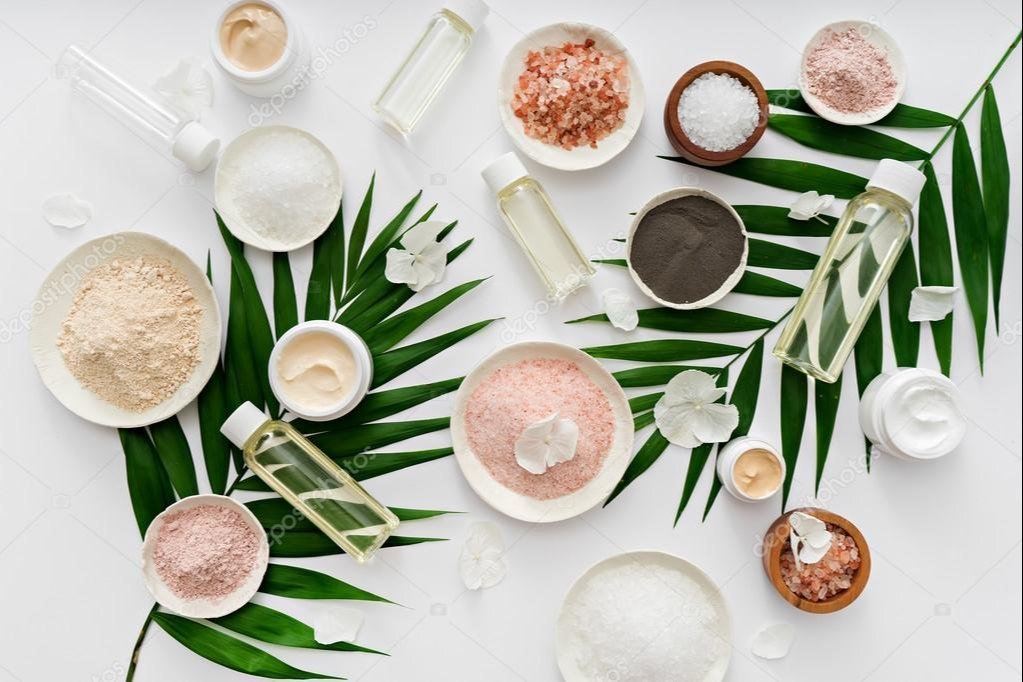Friday, 27 February 2026
72% consumers consider organic ingredients important in personal care
NSF commissioned TGM Research to survey 1,000 Canadians in 2024 NSF, a leading global public health and safety organisation, has released new consumer data demonstrating health and sustainability in personal…

NSF commissioned TGM Research to survey 1,000 Canadians in 2024
NSF, a leading global public health and safety organisation, has released new consumer data demonstrating health and sustainability in personal care purchasing habits.
“NSF’s survey results indicate that today’s consumers are seeking clean beauty products made with organic, toxin-free ingredients,” said Roxanne Beavers, Senior Technical Reviewer on NSF’s Product Certification team. “Despite this growing demand, consumer trust in voluntary organic labels is lacking, underscoring the importance of third-party testing and certification.”
NSF commissioned TGM Research to survey 1,000 Canadians in 2024. Questions specifically focused on personal care products such as skincare, cosmetics, soaps and shampoos.
Key Findings:
Organic ingredients matter: 72 per cent of consumers consider organic ingredients important in personal care products. Meanwhile, 66 per cent of consumers want to see a clear ingredients list to identify potentially harmful ingredients.
Consumers don’t trust voluntary labels: Only 5 per cent of Canadians completely trust voluntary labels – among older consumers (ages 60 to 75), this shrinks to 2 per cent.
Personal care product purchasing is driven by health and environmental impact: The top incentives for buying organic in this category include “better for personal health,” “less processed and less chemicals” and “better for the environment.”
Paying a premium for organic is acceptable: 36 per cent of survey respondents are willing to pay more for certified personal care products with organic ingredients. Younger consumers (ages 18 to 29) are even more willing at 46 per cent.
In 2009, NSF introduced NSF/ANSI 305: Personal Care Products Containing Organic Ingredients (NSF/ANSI 305), one of the only consensus-based standards for the growing product category.
Today, NSF/ANSI 305 is considered a best practice by the Organic Trade Association and is listed by major retailers such as Whole Foods Market as a credible validation for personal care products. In Canada, organic regulations only apply to food, so consumers must look for alternative certifications for personal care products, such as NSF/ANSI 305 or the United States Department of Agriculture’s National Organic Program (NOP). Because the NOP’s organic regulations were designed for food, it is often challenging for personal care products to be certified organic as they contain non-food ingredients and undergo complex manufacturing processes.
Technology
Ingredion Thailand Achieves 100% Sustainably Sourced Cassava
Feb 27, 2026 | Company News
Deakin University and Bellarine Foods Partner to Develop Sustainable Marine-Derived Proteins
Feb 26, 2026 | Australia
Royal Unveils Refreshed Jute Bag Design for 20lb Authentic Basmati
Feb 25, 2026 | Company News
Food Testing
Australian Medical Bodies Push for Compulsory Health Star Labelling
Feb 24, 2026 | Australia
Tim Hortons Singapore Secures Majlis Ugama Islam Singapura Halal Certification Ahead of Ramadan
Feb 23, 2026 | Company News
More Popular
Fagron Acquires Pharmavit Europe for €68Mn to Expand Nutraceutical Portfolio
Feb 27, 2026 | Company News
Arla Foods Invests EUR 300Mn in New Cheese Dairy in Sweden
Feb 27, 2026 | Company News
Beyond Meat Broadens Portfolio Beyond Protein with Sparkling Plant-Based Drink Line
Feb 27, 2026 | Beverages






